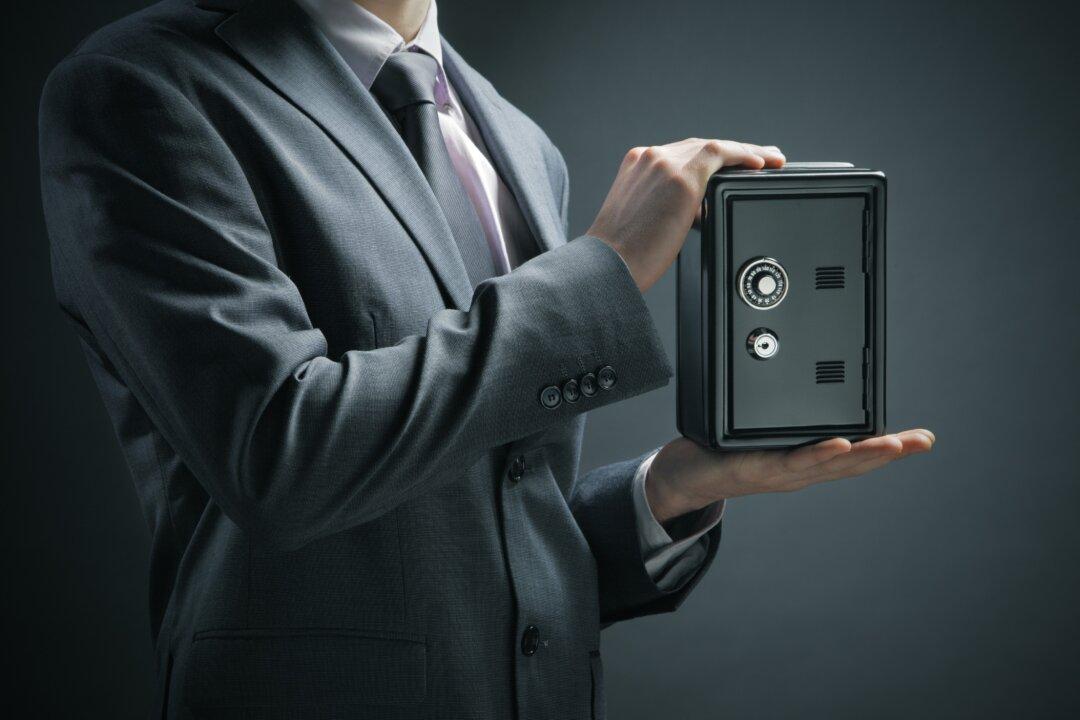Two large banks in the United States, Silicon Valley Bank and Signature Bank, have recently failed. Most people are aware of it, and it has left many people wondering if their money is safe in a bank. Besides the bank failures, other economic conditions have added to the confusion causing people to wonder how to protect your money.
The Banks That Failed, and Why
Nearly every bank in the United States is insured by the Federal Deposit Insurance Corporation (FDIC). When the Silicon Valley Bank (SVB) and the Signature Bank failed, the FDIC took over the banks, ABC7Chicago said.The problem that the SVB had was that it invested billions of dollars in the 10-year Treasury bonds. These bonds usually perform very well—typically gaining about 10 percent interest annually. Unfortunately, the economy was poor and they underperformed. The bank run led to the bank selling them for a loss to give customers their cash.






